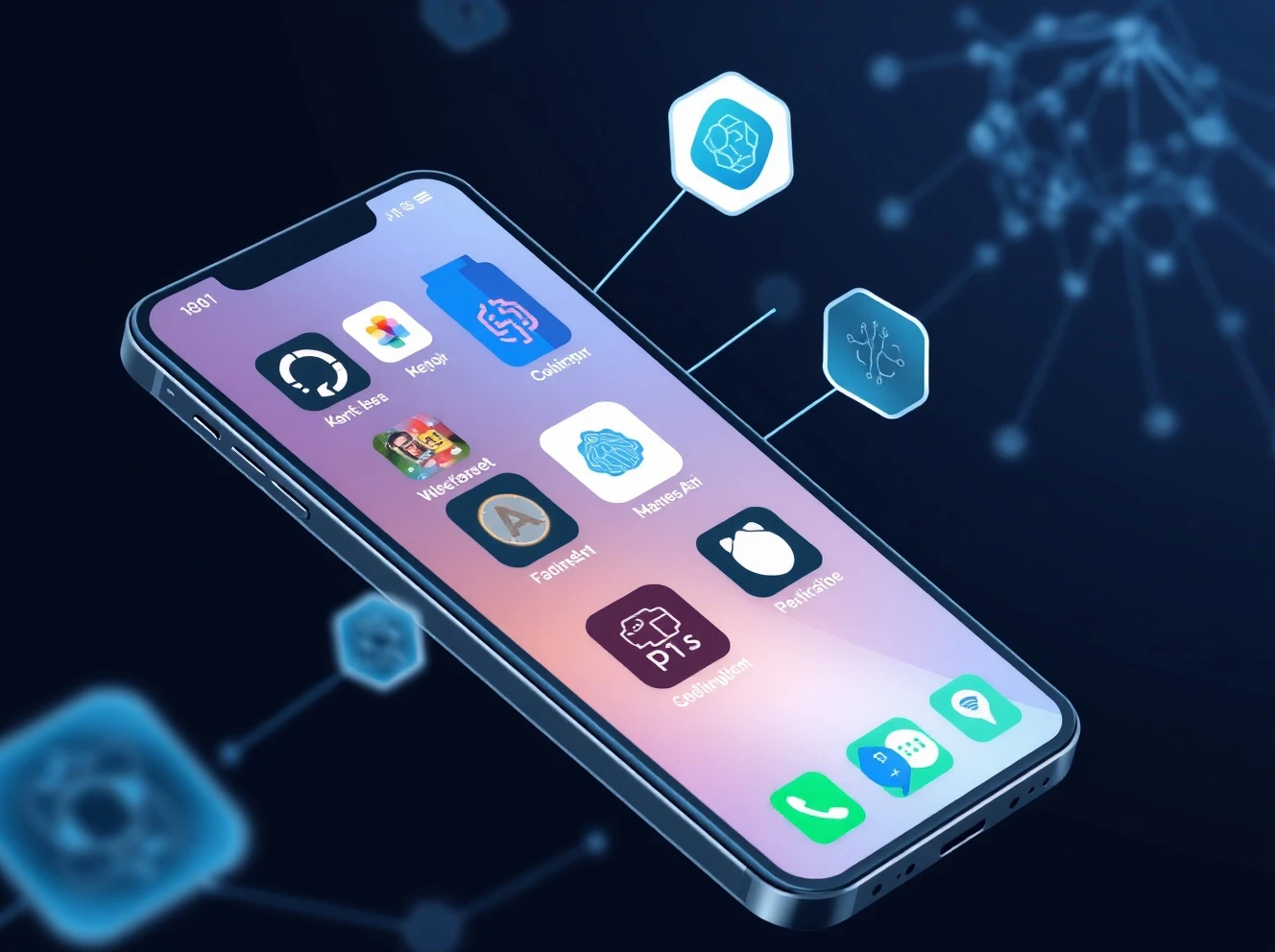Apple’s groundbreaking Foundation Models framework is revolutionizing mobile app development with iOS 26. Developers now harness powerful Apple local AI models to create intelligent features that operate entirely on-device, eliminating cloud dependency and inference costs. This transformative technology enables apps to deliver sophisticated AI capabilities while maintaining user privacy and performance.
Understanding Apple’s Foundation Models Framework
During WWDC 2025, Apple introduced its innovative framework that provides developers direct access to sophisticated Apple local AI models. These models offer several key advantages:
- Zero inference costs – No per-query charges for AI processing
- Built-in capabilities – Guided generation and tool calling features
- Privacy-focused – All processing occurs locally on the device
- Optimized performance – Specifically designed for Apple hardware
Educational Apps Leveraging Apple Local AI Models
Lil Artist demonstrates the creative potential of Apple local AI models in educational applications. The app’s AI story creator allows children to select characters and themes, generating personalized stories using on-device processing. Similarly, LookUp utilizes these models to create contextual word examples and origin maps, enhancing language learning experiences without internet connectivity.
Productivity Applications Transformed by Local AI
Productivity apps showcase the practical benefits of Apple local AI models. MoneyCoach provides intelligent spending insights and automatic category suggestions. Tasks app implements smart tag recommendations and recurring task detection. Day One journaling app generates entry highlights and writing prompts, all powered by local AI processing that respects user privacy.
Specialized Tools Enhanced with On-Device Intelligence
Specialized applications reveal the versatility of Apple local AI models. Crouton recipe app suggests tags and breaks down cooking instructions. SignEasy extracts contract insights locally. Dark Noise generates custom soundscapes from text descriptions. These implementations demonstrate how local AI can enhance specific workflows without compromising data security.
Entertainment and Lifestyle Applications
Entertainment apps benefit significantly from Apple local AI models. Lights Out summarizes F1 race commentary in real-time. Guitar Wiz provides chord explanations and multi-language support. Cardpointers answers credit card questions using local processing. These applications show how AI can personalize experiences while maintaining offline functionality.
The Future of Local AI Integration
The widespread adoption of Apple local AI models signals a major shift in mobile app development. Developers continue discovering new possibilities for on-device intelligence. As more apps integrate these capabilities, users can expect increasingly sophisticated features that work seamlessly without internet connectivity while protecting their personal data.
Frequently Asked Questions
What are the main benefits of using Apple’s local AI models?
Apple’s local AI models provide zero inference costs, enhanced privacy through on-device processing, optimized performance for Apple hardware, and built-in capabilities like guided generation and tool calling.
Do these AI features require internet connectivity?
No, all processing occurs locally on the device. This allows apps to function offline while maintaining AI capabilities and ensuring user data never leaves the device.
How do Apple’s local models compare to cloud-based AI services?
While smaller than cloud-based models, Apple’s local AI models are optimized for specific tasks and provide privacy advantages. They excel at quality-of-life improvements rather than replacing complex cloud-based AI workflows.
Which types of apps benefit most from local AI integration?
Educational apps, productivity tools, specialized utilities, and entertainment applications see significant benefits. Any app requiring intelligent features while maintaining user privacy can leverage these models effectively.
Are there limitations to what local AI models can accomplish?
Local models have size constraints compared to cloud-based alternatives. They work best for focused tasks rather than extremely complex AI operations requiring massive computational resources.
How can developers access Apple’s Foundation Models framework?
Developers can access the framework through iOS 26 development tools. The framework is part of Apple’s developer resources, requiring appropriate licensing and development environment setup.







